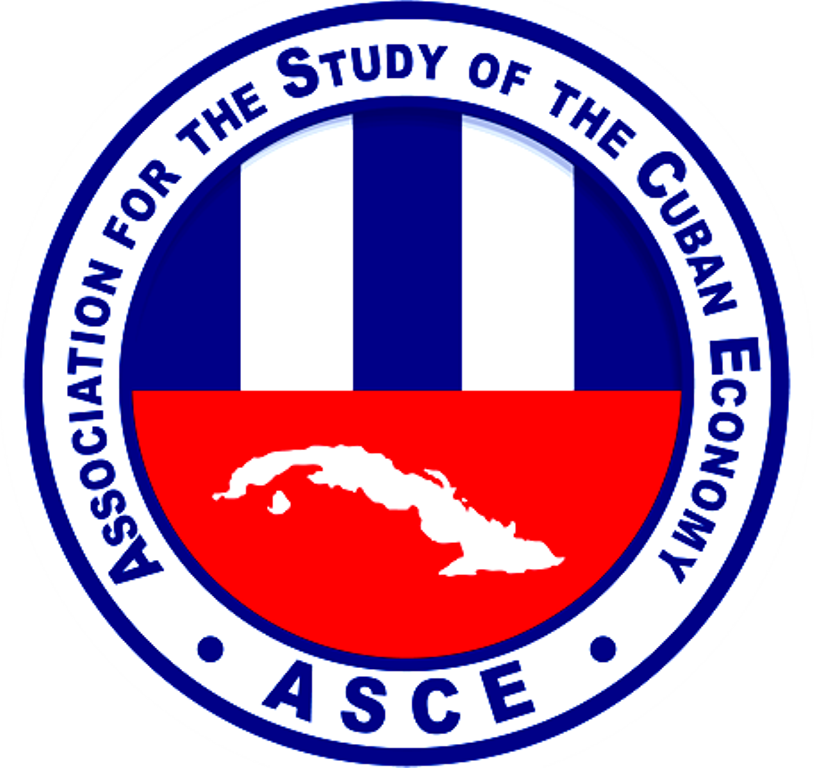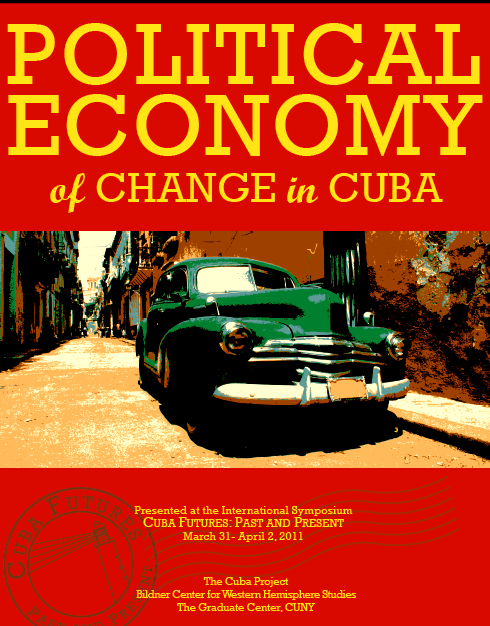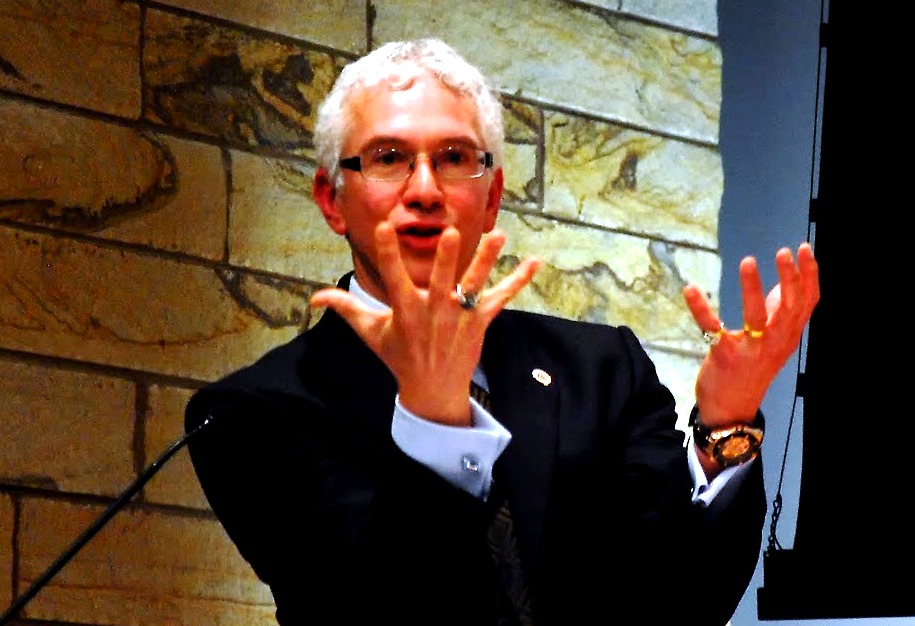The complete set of papers is here: ASCE Conference Proceedings for 2018.
A complete set of all the papers from the annual ASCE conferences can be found here: ASCE Conference Proceedings
| Cuba: Los Retos Económicos del Gobierno de Miguel Díaz-Canel | Omar Everleny Pérez Villanueva | PDF version |
| Cuba 2018: Entre la Continuidad y la Oportunidad | Dagoberto Valdés Hernández | PDF version |
| Cuban Peso Unification: Managed Rate and Monetary Analysis | Luis R. Luis | PDF version |
| La Agricultura en Cuba: Transformaciones, Resultados y Retos | Armando Nova González | PDF version |
| Principal Elements of Agricultural Reforms in Transition Economies: Implications For Cuba? | Mario A. González-Corzo | PDF version |
| Cuba’s Economic Liberalization and The Perils to Security and Legality | Vidal Romero | PDF version |
| Growth and Policy-Induced Distortions in The Cuban Economy: an Econometric Approach | Ernesto Hernández-Catá | PDF version |
| Comparing The Quality of Education in Pre- and Post-Revolutionary Cuba Using U.S. Labor Market Outcomes | Luis Locay and John Devereux | PDF version |
| The Global Economy and Cuba: Stasis and Hard Choices | Larry Catá Backer | PDF version |
| Five Keys to Presidential Change in Cuba | Arturo López-Levy and Rolf Otto Niederstrasser | PDF version |
| Cuba’s Political and Economic Arteriosclerosis – It Is Not Just The Castros | Gary H. Maybarduk | PDF version |
| Cuban Tourism Industry in The Eye of The Storm | Emilio Morales | PDF version |
| Experiencias de Cuentapropistas | Ted A. Henken | PDF version |
| Cuban Demography and Economic Consequences | Humberto Barreto | PDF version |
| “The Revenge of The Jealous Bureaucrat”: A Critical Analysis of Cuba’s New Rules For Cuentapropistas | Ted A. Henken | PDF version |

 Preface
Preface




